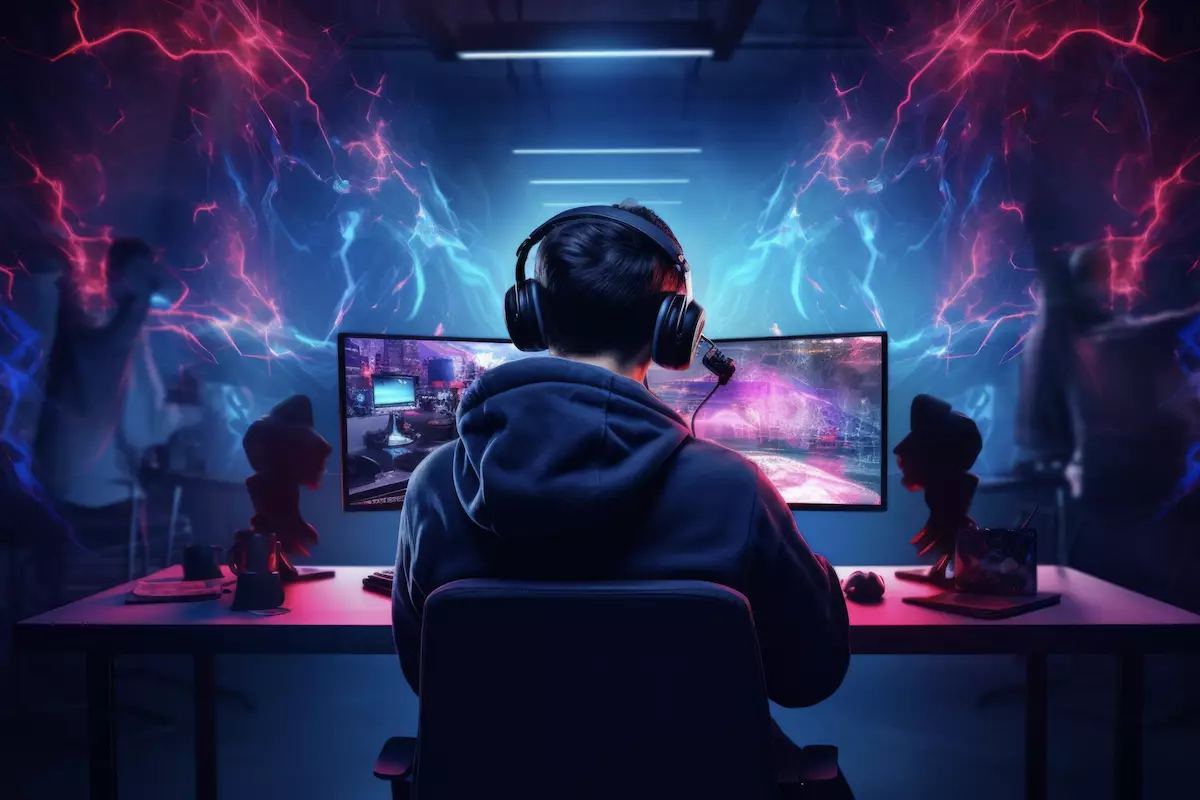The impending launch of Web3 gaming in early 2025 marks an exciting evolution in the gaming industry, with developers poised to deliver experiences that prioritize player agency and digital asset ownership. This article explores five notable titles set to release in Q1 2025, highlighting how these developments could significantly reshape the landscape of gaming. As the industry embraces blockchain technology and NFTs, the dynamics of gaming are shifting toward a more inclusive and decentralized model.
One of the most captivating aspects of Web3 gaming is the ability for players to truly own their virtual assets. Unlike traditional gaming models, where in-game items lack any real-world value and are tethered to a specific platform, blockchain technology allows for true ownership. Players can buy, sell, and trade assets freely, fundamentally altering the way they engage with games. This level of control not only enhances the gaming experience but also fosters a vibrant economy where players can earn tangible rewards based on their investments of time and skills.
In this vein, upcoming titles are not just experimenting with ownership; they are reimagining how rewards can function within the gameplay loop. The increasing integration of NFTs into game mechanics serves as proof of player ownership and rarity, enabling gamers to collect, trade, and monetize their in-game achievements. As we approach 2025, it’s anticipated that while play-to-earn models will still attract niche audiences, the emphasis may shift toward seamlessly integrating Web3 elements to enrich the overall gaming experience rather than dominating it.
Several promising titles set for release in early 2025 exemplify the innovative spirit of Web3 gaming. **Forgotten Runiverse**, inspired by the popular Forgotten Runes Wizard’s Cult IP, immerses players in a retro-style MMORPG that boasts pixel art graphics. This game encourages exploration and crafting, allowing participants to engage in both cooperative Player vs. Environment (PvE) quests and competitive Player vs. Player (PvP) battles. Built on the Ronin network, each item collected is securely placed on the blockchain, ensuring the uniqueness of collectibles and the potential for economic exchange.
Another title, **Ragnarok Landverse: Genesis**, taps into the nostalgia of the beloved Ragnarok Online while incorporating modern blockchain features. Developed by Zentry and Gravity, this game enables players to reclaim ownership of loot found throughout the game world, thereby igniting a fresh connection to the series. As players traverse familiar landscapes, the blockchain facilitates seamless trading processes, enhancing community interactions and engagement.
**Moonray’s Autobattler** stands out as a mobile-friendly spin-off within the Moonray ecosystem. Auto-battler games often involve strategic assembly without the hassle of direct control, and Moonray’s approach allows players to collect unique items that transcend individual games within its universe. This simplicity may serve as an entry point for newcomers curious about Web3 technology, indicating a broader push towards making blockchain gaming more accessible to a wider audience.
The legacy of **RavenQuest**, previously known as Ravendawn, receives an evolutionary boost with blockchain integration. Boasting a vibrant economy that dynamically adjusts to player actions, RavenQuest invites players into a pixel art world where decision-making and character choices drive the narrative. With its self-balancing economy and engaging storyline elements, this title exemplifies the potential evolution of MMORPGs, blending classic gameplay with the modern sensibilities of blockchain technology.
Lastly, **Parallel Colony** explores an innovative fusion of survival simulation and artificial intelligence. Players establish strategies while AI agents autonomously manage tasks such as building and resource collection. This blend of hands-on management and passive observation offers a unique experience, showcasing how AI can augment player involvement while ensuring that blockchain mechanics secure ownership and trading of resources.
While the potential of Web3 gaming is vast, newcomers to this space will need to navigate certain complexities. The initial steps involve setting up a secure crypto wallet for managing in-game assets and tokens, as well as familiarizing themselves with the specific blockchain networks that underpin the games. Understanding the intricacies of purchasing, selling, and trading various tokens is crucial for maximizing enjoyment and investment in these new titles.
Engaging with official social media channels and communities on platforms like Discord is also beneficial for players eager to stay updated on announcements and participate in community events or access exclusive rewards offered by developers. As the gaming world transitions toward Web3, community participation will play an essential role in shaping player experiences and fostering a sense of belonging.
The emergence of these five Web3 games highlights a transformative shift in how digital gaming is experienced and understood. By intertwining blockchain technologies with engaging gameplay, these titles not only emphasize player ownership but also pave the way for an exciting and immersive future. As the gaming landscape evolves, players can anticipate unique adventures, enriched by the vibrant economies and communities that Web3 can create. Through these upcoming releases, it is clear that we are on the brink of a new era in gaming that embraces innovation while celebrating the essence of play.

